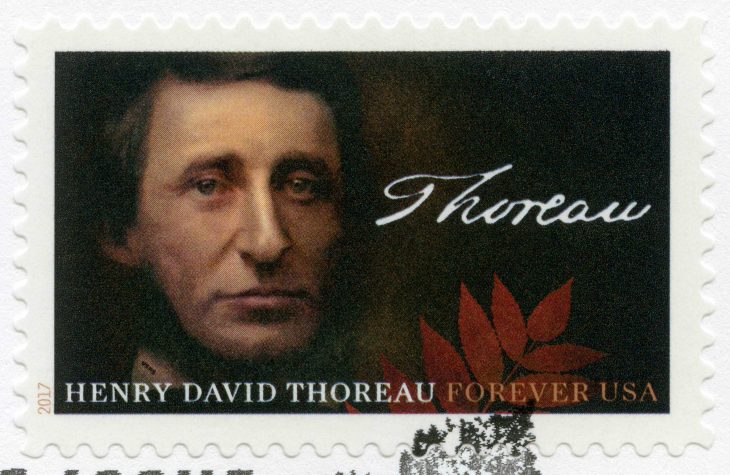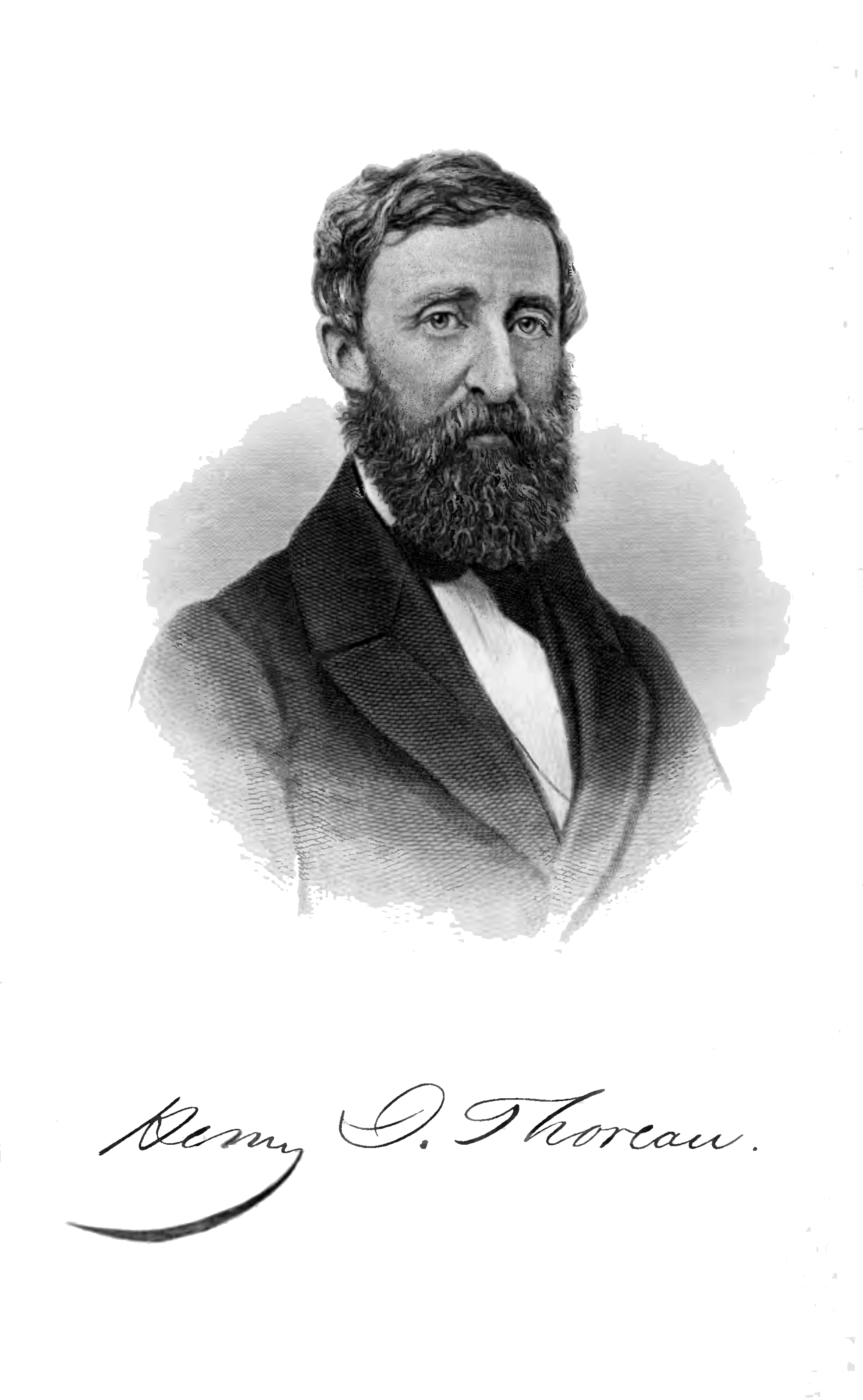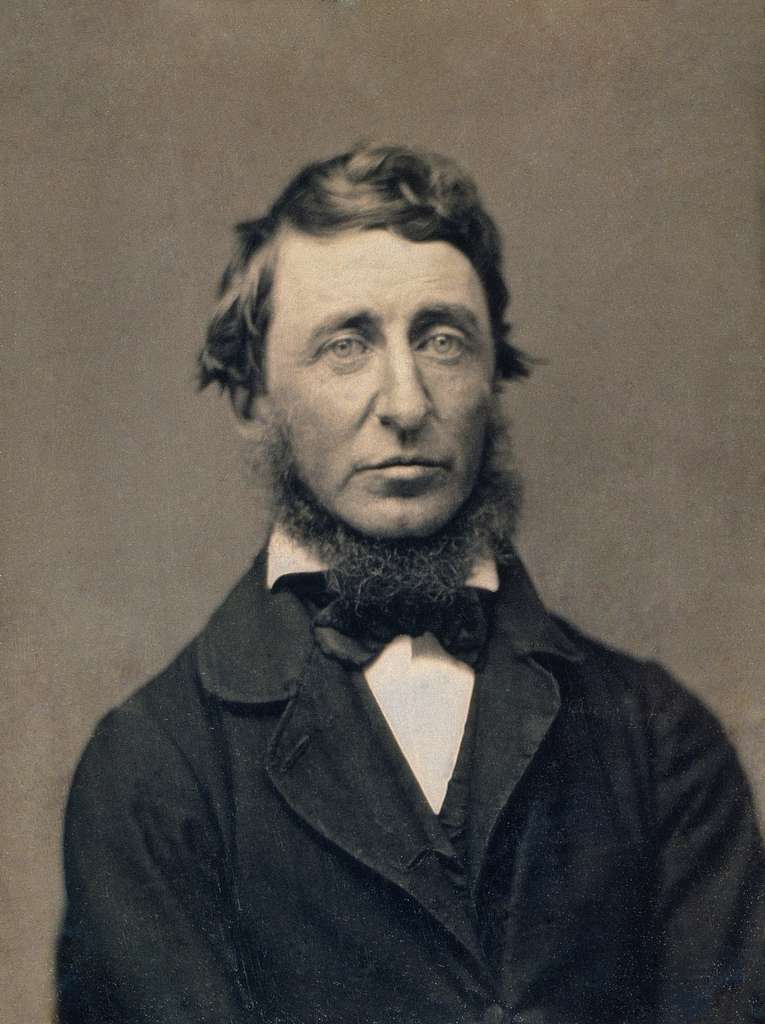
Henry David Thoreau was an iconic American writer, philosopher, and naturalist known for his transcendentalist beliefs and his literary works, including the renowned book “Walden” and the influential essay “Civil Disobedience.” Thoreau’s writings continue to inspire and challenge readers to contemplate their relationship with nature and society. In this article, we will explore 10 fascinating facts about Henry David Thoreau, shedding light on his life, philosophy, and enduring impact.
Nature Lover and Naturalist
Thoreau had a deep appreciation for nature and spent much of his time immersed in the natural world. He believed in the inherent wisdom and beauty of nature, which greatly influenced his writing and philosophical views. Thoreau’s observations of the natural environment around Walden Pond, where he lived for two years, provided the foundation for his masterpiece, “Walden.”
Transcendentalist Philosophy

Thoreau was a prominent figure in the transcendentalist movement, which emphasized the inherent goodness of both people and nature. He believed in the importance of individualism, self-reliance, and the spiritual connection between humanity and the natural world. Thoreau’s writings reflect these transcendentalist ideals and continue to resonate with readers seeking a deeper understanding of the human experience.
Civil Disobedience
Thoreau’s essay “Civil Disobedience” has had a profound impact on social and political movements worldwide. In this influential work, Thoreau argued that individuals have a moral duty to resist unjust laws and government actions through nonviolent means. His ideas have inspired activists and advocates for social justice, including figures like Mahatma Gandhi and Martin Luther King Jr.
Simplicity and Minimalism
Thoreau advocated for a simple and minimalist lifestyle, as reflected in his time spent at Walden Pond. He believed that by stripping away material possessions and distractions, individuals could live more intentionally and find true happiness. Thoreau’s ideas on simplicity continue to resonate with those seeking to simplify their lives and prioritize what truly matters.
Avid Journalist and Diarist
Thoreau was a dedicated journalist and diarist, meticulously documenting his observations and reflections. His journals and diaries provide valuable insights into his daily life, thoughts, and interactions with nature. Thoreau’s commitment to recording his experiences serves as a valuable resource for scholars and readers interested in understanding his philosophies and intellectual development.
Influence on Environmental Conservation
Thoreau’s passion for nature and his writings on the subject played a significant role in shaping the environmental conservation movement. His works have inspired generations of environmentalists to appreciate and protect the natural world. Thoreau’s belief in the intrinsic value of nature continues to influence conversations on sustainability and the need for environmental stewardship.
Literary Legacy
Thoreau’s literary contributions extend beyond “Walden” and “Civil Disobedience.” His essays, poetry, and lectures explore a wide range of topics, including social justice, the importance of literature, and the human experience. Thoreau’s unique writing style, characterized by his vivid observations and contemplative prose, continues to captivate readers and influence literary discourse.
Transcending Time and Borders

Thoreau’s ideas and writings have transcended time and borders, captivating audiences far beyond his contemporaries. His works have been translated into numerous languages and continue to be studied and celebrated worldwide. Thoreau’s enduring appeal speaks to the universality and timelessness of his insights into human nature and the natural world.
Legacy of Activism
Thoreau’s commitment to social justice and civil disobedience inspired future generations to stand up against injustice and fight for equality. His influence can be seen in various social and political movements throughout history, including the Civil Rights Movement and the fight for environmental conservation. Thoreau’s legacy as an activist lives on, inspiring individuals to challenge the status quo and advocate for positive change.
Reflections on Solitude and Self-Exploration
Through his experiences at Walden Pond, Thoreau explored the concept of solitude and its transformative power. He believed that spending time alone in nature allowed individuals to reflect, gain self-awareness, and deepen their connection with the world around them. Thoreau’s reflections on solitude continue to resonate with those seeking introspection and a deeper understanding of themselves.
Final Word
In conclusion, exploring the 10 fascinating facts about Henry David Thoreau provides a glimpse into the life and legacy of this renowned writer and philosopher. Thoreau’s deep connection with nature, transcendentalist philosophy, and his influential works like “Walden” and “Civil Disobedience” continue to captivate readers and inspire generations. His beliefs in simplicity, self-reliance, and the intrinsic value of nature remain relevant in our modern world.
Frequently Asked Questions (FAQs)
How did Henry David Thoreau impact literature?
Henry David Thoreau’s writings, particularly “Walden” and “Civil Disobedience,” have had a profound impact on literature. His unique blend of nature writing, philosophy, and social critique continues to inspire readers and shape the literary canon.
What is the main message of Thoreau’s book “Walden”?
“Walden” explores themes of simplicity, self-reliance, and the importance of living in harmony with nature. Thoreau invites readers to reevaluate their priorities, challenge societal norms, and find meaning in the pursuit of a purposeful life.
How did Thoreau’s philosophy influence environmental conservation?
Thoreau’s deep appreciation for nature and his belief in its intrinsic value helped shape the modern environmental conservation movement. His writings inspired a reverence for the natural world and a sense of responsibility to protect and preserve it for future generations.
Did Thoreau have any notable contemporaries or friends?
Thoreau had several notable contemporaries and friends, including Ralph Waldo Emerson, Nathaniel Hawthorne, and Bronson Alcott. Thoreau’s close relationship with Emerson, in particular, played a significant role in shaping his intellectual and philosophical development.
How can Thoreau’s ideas be applied to modern life?
Thoreau’s ideas on simplicity, self-reliance, and the importance of nature can be applied to modern life by encouraging individuals to live more intentionally, prioritize their well-being, and develop a deeper connection with the natural world.
Was this page helpful?
Our commitment to delivering trustworthy and engaging content is at the heart of what we do. Each fact on our site is contributed by real users like you, bringing a wealth of diverse insights and information. To ensure the highest standards of accuracy and reliability, our dedicated editors meticulously review each submission. This process guarantees that the facts we share are not only fascinating but also credible. Trust in our commitment to quality and authenticity as you explore and learn with us.
